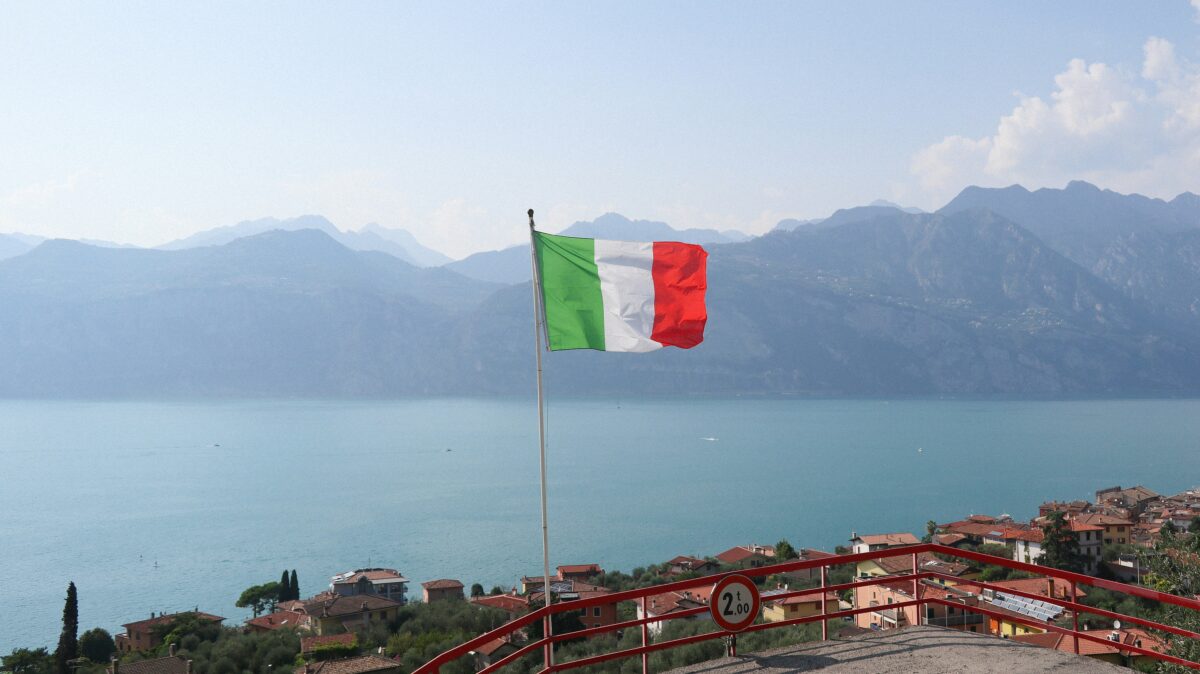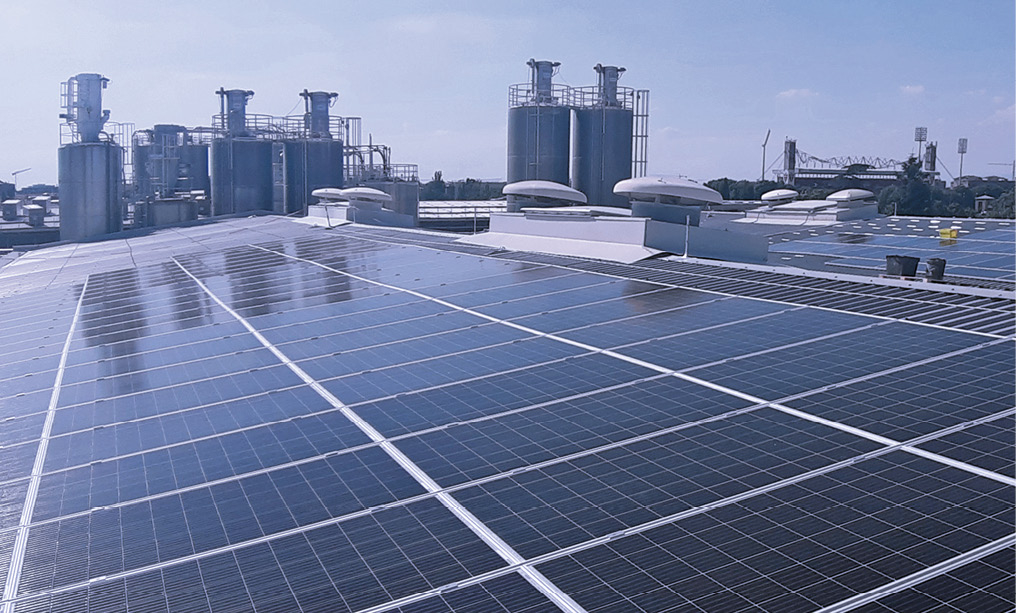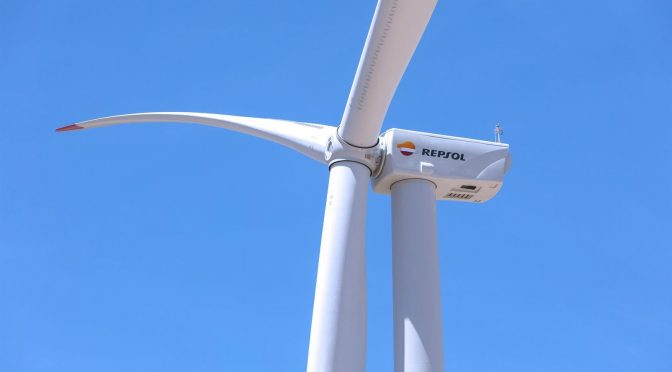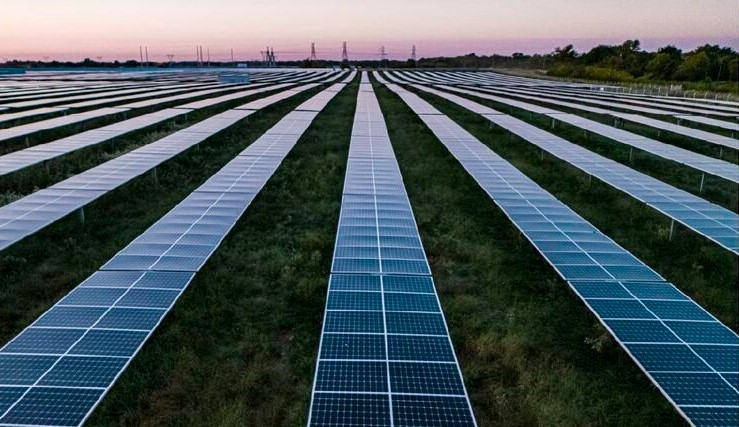Iraq has signed an agreement with Abu Dhabi's state-owned Masdar to boost the contribution of renewables to the country's power generation with the development of 2GW of solar projects.
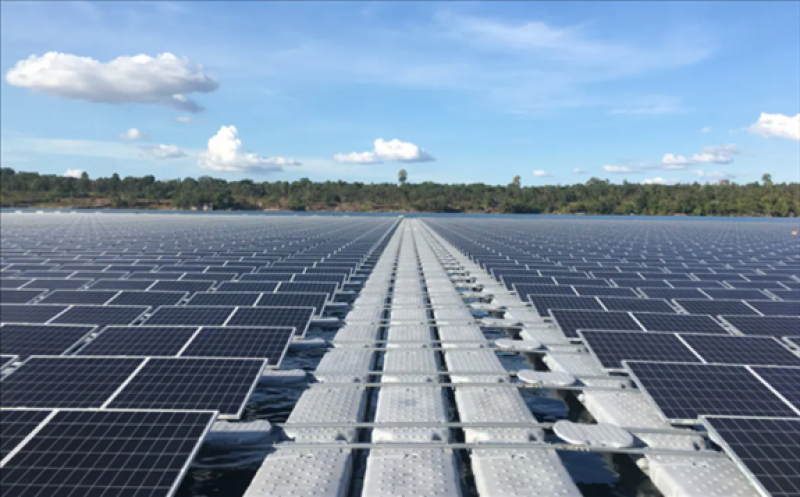
The agreement will see Masdar develop a range of solar power projects across the centre and south of the country. This comes as part of an ambitious wider plan to produce 10GW by 2025 and eventually as much as 12GW.
The project will be delivered as an Independent Power Producer (IPP), meaning Masdar would receive a long-term price guarantee. Masdar says it is active in more than 30 countries globally, with a production capacity of over 11GW.
"Iraq is targeting 20 to 25 pc of energy coming from renewable sources, rather than fossil fuels, equivalent to 10 to 12 GW," said Iraq's oil minister Ihsan Ismael. "This agreement with Masdar, a global leader in renewable energy, is an important step in the development of the clean energy investment sector and the exploitation of solar energy in Iraq."
Despite being Opec's second largest oil producer, Iraq's ailing power sector has struggled to cope with the pace of power demand growth, relying on imports from neighboring Iran and leaving many Iraqis to depend on expensive diesel-power generators.
The 2021 budget looks to progress power projects and includes a financial guarantee from the finance ministry to establish solar and renewable-powered plants with capacity of more than 500MW.
Masdar's CEO Jameel al-Ramahi signed a heads of agreement (HOA) with Iraqi electricity minister Majid Hantosh and Suha al-Najar, the President of the Iraq's National Investment Commission, on 24 June. The virtual signing ceremony followed a pledge earlier this year by the UAE to invest $3bn in Iraq, and was attended by both the UAE's minister of energy, Suhail al-Mazrouei, and minister of state for foreign trade Thani al-Zeyoudi.
This agreement is Iraq's second commitment for solar projects. France's TotalEnergies signed an initial multi-billion dollar agreement to invest in four giant energy projects earlier this year — including 1GW of solar power plants. The first 500MW of this is due online by the end of 2022, with full capacity at the end of 2023.
Discussions are also ongoing with Saudi Arabia's privately-owned Acwa Power.


